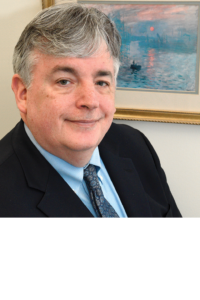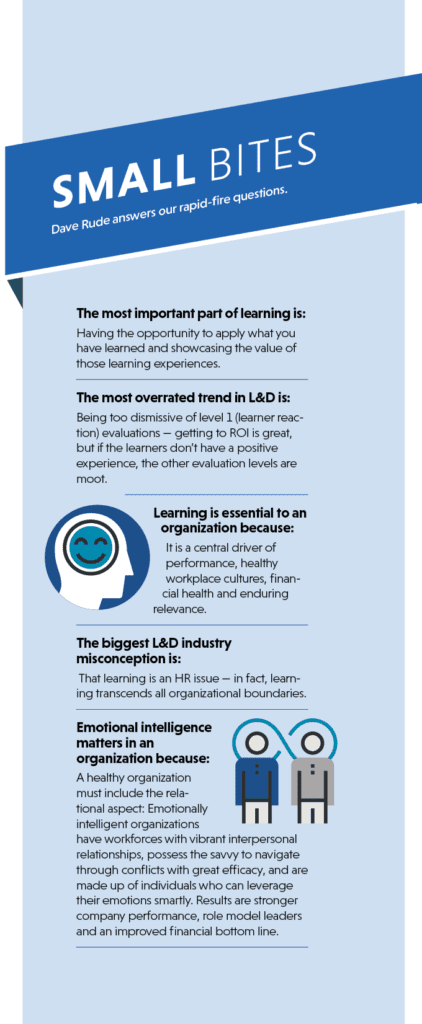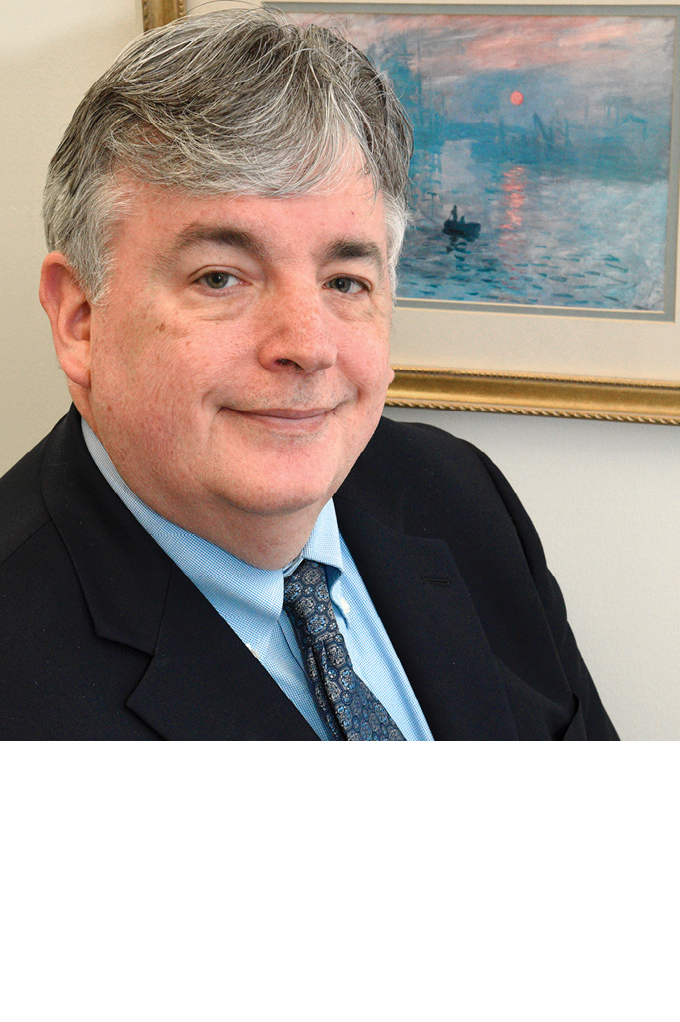 How did you start your career in learning?
How did you start your career in learning?
I’m glad you asked that question because it’s a testament to the power of mentoring and taking a chance on a new career. The catalyst for my transition to the learning profession was a single conversation in the 1990s with the agency director [of the U.S. Department of Defense], who asked if I had any interest in a rotation to revitalize the agency’s dormant workforce development program and, more broadly, talent management. At the time, I was directing a $48 billion financial management portfolio — and loving it — yet, I trusted this person who I considered to be a mentor. He saw talents in me that I had not yet discovered for myself — so I took that leap of faith. Glad I did because I never left!
What attracted you to L&D?
What delights me about our profession is seeing how you can make a difference. I am passionate about developing people to their fullest potential and helping them reach their professional and personal aspirations. I have seen profound impacts on those colleagues and clients who have a sustained focus on learning. Those observations fuel me. Although learning is an inherent component of talent management, it is also a profession unto itself. There is no employee not impacted by the organization that runs learning and development — which brings a sense of accountability, caring and motivation.

You’ve handled different talent development programs throughout your career and done extensive research on developing emotional intelligence in leaders — what is one EQ characteristic every leader should possess?
There are many touchpoints between EQ and leadership, as extensive research concludes. If I had to pick one EQ-related characteristic for leaders, it would be self-awareness. Emotional self-awareness should be a bedrock of all leaders’ DNA. Everything else related to EQ and leadership cascades from being acutely aware of yourself — what emotions are at play, what is happening in the here and now, how are you showing up? The consulting firm that a colleague and I co-founded focuses on helping organizations thrive through collective EQ — and to do that, we have to start with each leader tapping into their own EQ and honing their reflective skills. Reflection is an imperative for EQ, especially for self-awareness.
What lessons helped you get to where you are?
In thinking about this question, the first words that came to mind were tenacity and resilience. My first job was working the McDonald’s drive-thru and I started at the lowest possible level within public service. To get to the C-suite meant I had to learn and apply the same characteristics as a dog with a chew bone: laser-focused, unrelenting, motivated, and a recognition that mentors and coaches were invaluable. I was also open to many diverse experiences, which meant getting out of my comfort zone (which was not always easy). I also had to learn how to navigate the difficult and unexpected.
What’s your favorite piece of career advice?
There is a temporal aspect to any career: Careers are a multiyear journey. Our instantaneous culture can mislead one into thinking that finding the ultimate career landing spot should be at the same warp speed. Not so. You need to have both a vision of where you want to go, receptiveness to learning and exploring new possibilities along the way, patience and perseverance, and be in the mindset to reframe challenges as opportunities. Be a constant advocate for your own learning. Coach, mentor and be a champion for others.
















